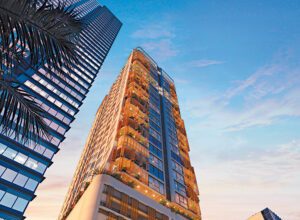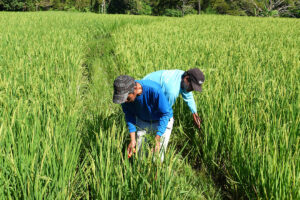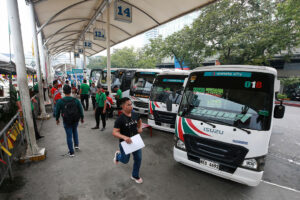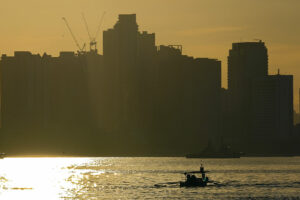Senate, House aspirants told to push austerity, protectionist policies
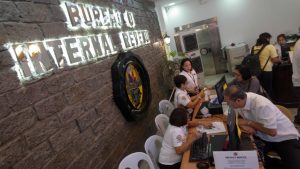
By Kenneth Christiane L. Basilio, Reporter
CONGRESSIONAL CANDIDATES for this year’s midterm elections should push austerity measures and policies to improve tax collection once elected to help cut Philippine debt and narrow its budget deficit, economists said.
These involve economic policies that seek to plug the budget gap through spending cuts, tax hikes, or both.
“There is a need for tax and fiscal reform measures to narrow the budget deficit and bring down the National Government’s debt-to-GDP (gross domestic product) ratio to below the international threshold of 60% to make fiscal and debt management sustainable over the long-term,” Michael L. Ricafort, chief economist at Rizal Commercial Banking Corp., said in a Viber message.
The Philippine government’s outstanding debt climbed to a record P16.63 trillion in February, up 1.96% from a month earlier, data from the Bureau of the Treasury showed.
Debt as a share of GDP edged up to 60.7% by end-2024 from 60.1% a year ago, slightly higher than the threshold considered manageable by multilateral lenders for developing economies such as the Philippines.
The country’s budget deficit rose 4.11% to P171.4 billion in February a year earlier.
Mr. Ricafort said candidates should look at broadening the government’s tax base by exploring taxes on sugary beverages and single-use plastics, while also considering measures to boost taxes.
“At the very least, [there should be policies] that could intensify tax collections… and run after tax cheats to improve overall tax payments,” he said.
Candidates should also come up with policies that would help propel the Philippines toward becoming an upper-middle income country, such as policies that address “short-term inflation concerns, long-term economic resilience and inclusive growth,” said John Paolo R. Rivera, a senior research fellow at the Philippine Institute for Development Studies.
An upper middle-income status means having an income per capita of $4,516 to $14,005, according to the World Bank.
“The 2025 midterm elections will be crucial in shaping the Philippines’ economic trajectory, as policymakers will need to continuously address post-pandemic recovery, global uncertainties, long-standing structural issues and aspirations to achieve its upper middle-income status,” Mr. Rivera said in a Viber message.
He added that candidates should consider policies to streamline investments in human capital development, helping the country maximize its demographic dividend by having more productive working-age Filipinos.
The Philippines’ human capital indicators are “lackluster” compared with other countries, the World Bank said in a report in June 2024. A Filipino child could only achieve half of their productive potential by the time they reach 18 years, it said.
Candidates should also consider protectionist trade policies, such as foreign investment regulations and support for local companies to boost domestic industries, said Jose Enrique A. Africa, executive director at think-tank Ibon Foundation.
“Candidates should have concrete programs for… rural development, national industrialization and long-term technological and economic development,” he said in a Viber message.
“The policy tool box for this should include trade protection, foreign investment regulation and meaningful domestic subsidies, financing and other support,” he added.
He said the Philippines’ inclination toward “free market policies” had led to stunted growth. “This made the Philippine economy over-reliant on low productivity services, overseas work and remittances and debt-driven infrastructure to attract foreign investment.”
Millions of Filipinos will pick a new set of congressmen, 12 of the 24-member Senate and thousands of local officials on May 12.
